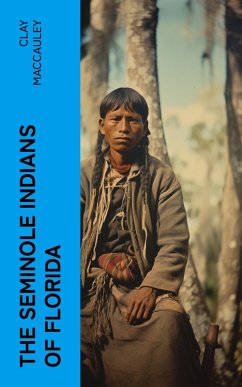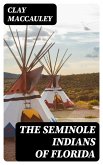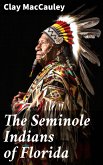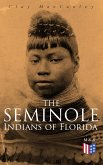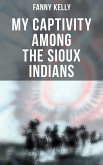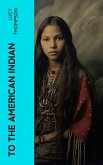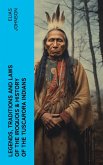The Indians known as Seminole are of the Muskokian linguistic stock who before the present century left their congeners and dwelt within the present limits of Georgia and Florida. A chief cause of the separation was disagreement among the people of the towns of the Lower Creeks and Hichiti concerning their relations with Europeans settling in the country. The Seminole, who are described in this book as of a high grade in physique and intelligence, may well be descendants of these heroes. The status of these Indians is peculiar in that their contact with civilization has hitherto been regulated, to an extent not known elsewhere, by their own volition, and has not been imposed upon them. Visitors, traders, and Government agents have been denied admission, but the Indians have in a limited way visited the settlements beyond their own boundaries and traded there. Contents: Personal characteristics Clothing Personal adornment Me-le Psychical characteristics Seminole society The Seminole gens The Seminole tribe Seminole tribal life Arts Religion Environment of the Seminole
Dieser Download kann aus rechtlichen Gründen nur mit Rechnungsadresse in A, B, BG, CY, CZ, D, DK, EW, E, FIN, F, GR, H, IRL, I, LT, L, LR, M, NL, PL, P, R, S, SLO, SK ausgeliefert werden.

